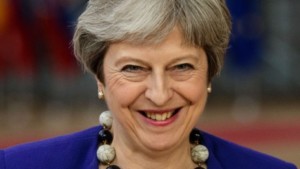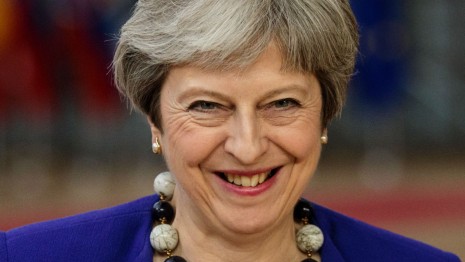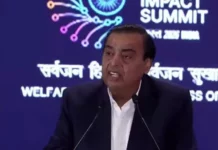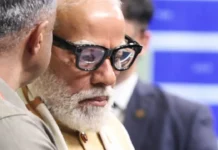
LONDON: British MPs have called on the UK government to investigate “disturbing evidence” of election-related activities of companies linked to data mining firm SCL Group in countries like India.
The cross-party House of Commons Digital, Culture, Media and Sport (DCMS) Committee, which had conducted an investigation into ‘Disinformation and Fake News’ in the wake of the Cambridge Analytica data breach scandal earlier this year, said in an interim report that it was concerned about the company’s parent group SCL-linked companies allegedly undermining democracies in many countries by the “active manipulation” of facts and events.
“The work of SCL and its associates in foreign countries involved unethical and dangerous work, and we have heard worrying accounts of SCL employees being put in grave danger,” the report said.
“Paul Oliver Dehaye [co-founder of PersonalData.IO] described the work that Dan Muresan… had to do while employed by SCL,” the report notes.
Dehaye told the committee that Muresan was “working for the Congress, according to reports from India, but he was really paid for by an Indian billionaire who wanted the Congress to lose. He was pretending to work for one party but was really paid underhand by someone else,” the report adds.
Besides India, some of the other countries that came under the remit of Cambridge Analytica’s “political work” included election campaigns in African countries like Kenya, Ghana and Nigeria and the Caribbean nations like Trinidad & Tobago among others.
As part of its conclusions, the DCMS Committee said it received “disturbing evidence” of activities undertaken by the SCL-linked companies in various political campaigns dating from around 2010, including the use of hacking, of disinformation, and of voter suppression.
“We do not have the remit or the capacity to investigate these claims ourselves, but we urge the government to ensure that the National Crime Agency thoroughly investigates these allegations,” the committee said.
The SCL Group, a private British behavioral research and strategic communication company, announced its closure in May this year in the wake of the data breach scandal. Its stated mission was providing data, analytics and strategy to governments and military organizations worldwide.
In its overall findings into fake news, the DCMS Committee warned that as fake news increasingly crowds out real news around the world, tech giants and governments need to be doing more to take action.
The British MPs, led by committee chair Damian Collins, had taken evidence from various former employees of Cambridge Analytica, including whistleblower Christopher Wylie and considered evidence from around the world of how elections could be manipulated.
“We feel that this is now a threat to our democracy. If these tools that are so powerful, that can reach millions and millions of people all around the world at the touch of a button, if they can be effectively used to spread disinformation without the source of that information ever being revealed, as appears to be the case here, then that is a threat we have to confront,” said Collins, a Conservative Party MP.
He said the committee was recommending new laws to be introduced to clamp down on the “wild west” social media world.
The UK government is expected to publish a white paper later this year on proposals to reform laws to make the Internet and social media safer.
The DCMS report follows the Cambridge Analytica (CA) data scandal, which claimed the UK-based data analytics firms and US tech giant Facebook were at the centre of a dispute over the harvesting and use of personal data. Both companies have denied any wrongdoing.
Work in India
In reference to India, former CA employee Wylie had told the committee back in April that “they [CA] worked extensively in India. They have an office in India”.
“I believe their client was Congress, but I know that they have done all kinds of projects. I don’t remember a national project but I know regionally,” Wylie had said.
He later released some documents on Twitter which indicated that SCL India boasted a database of “over 600 districts and 7 lakh villages, which is constantly being updated”.
Its reach in India was said to include a head office in Ghaziabad, with nine regional offices in Ahmedabad, Bangalore, Cuttack, Guwahati, Hyderabad, Indore, Kolkata, Patna and Pune. PTI







